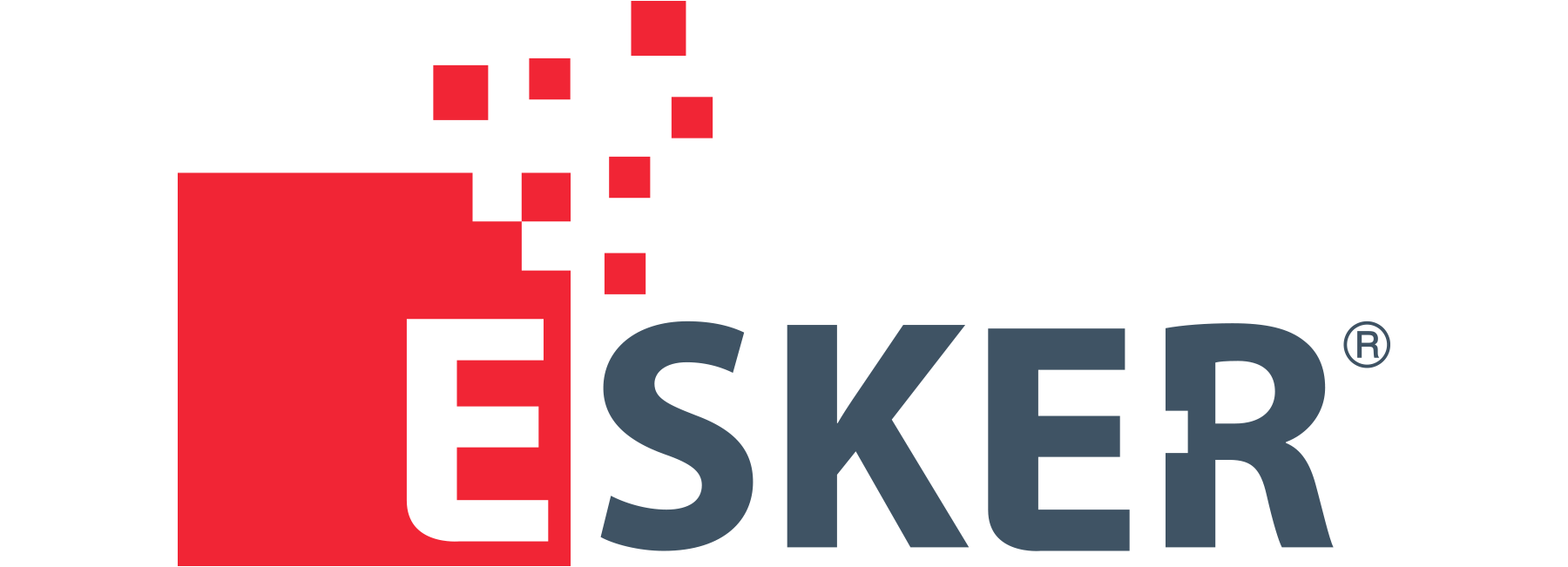The end of 2024 was a tumultuous period for France’s upcoming e-invoicing & e-reporting mandates. The scope of the central public platform (PPF) was reduced, and version 3.0 of the official specifications was released—removing a significant amount of content from version 2.4, including all invoicing use cases.
To address all the current gaps in documentation, the French tax authority (DGFiP) tasked a newly formed AFNOR commission (France’s national standardization body) with producing the missing documentation and technical resources (such as the schematrons), which is highly anticipated by all companies and their PDPs (Partner Dematerialization Platforms)—the certified service providers through which companies will comply with the mandate.
AFNOR Commission’s 5 Working Groups
Numerous experts and PDP representatives joined the commission, organized into five specialized working groups (“SG”), whose goals are presented below:
- SG1 – Invoices & lifecycle: define the specifications for the documents and data formats required by the mandate, including standard & extended invoice profiles as well as lifecycle events, along with publishing the related XSD schemas and the schematrons.
- SG2 – E-invoicing use cases: identify, expand, and describe a comprehensive set of e-invoicing scenarios, including industry-specific contexts and the roles of third-party participants like factoring companies or subcontractors.
- SG3 – B2C e-reporting: compile and document various e-reporting scenarios, such as point-of-sale receipts (“Ticket Z”), expense management processes, and situations involving companies with multiple PDPs.
- SG4 – Link with CEN TC 434: contribute to the ongoing revision of the European e-invoicing standard EN16931 by integrating French perspectives, while also ensuring the latest recommendations are reflected in the work of the other groups.
- SG5 – OD/PDP API standardization: establish a common API standard for interactions between companies or ODs and their PDPs (excluding PDP-to-PDP communication, which is handled via Peppol), starting with core features like user authentication, invoice and status exchanges, and access to the national public directory (“Annuaire”). This API aims to simplify the process for companies or ODs to switch from one PDP to another.
The first official outputs from the AFNOR groups are expected before summer 2025, and are eagerly awaited by PDPs and companies preparing for implementation.
Next Steps for DGFiP and the mandate
As the mandate evolves, several key developments are also led by the DGFiP and well underway on the legal, technical, and governance fronts to ensure its successful implementation:
- DGFiP recently became France’s Peppol Authority, allowing it to define French-specific PASRs (Peppol Authority Special Requirements) and improve coordination among PDPs using the Peppol network.
- The legislation will be revised to account for the reduced role of the PPF and other changes, with a vote and publication expected by the end of 2025.
- On the technical side, the pilot for the national “Annuaire” (the directory of French companies and their assigned PDPs) has concluded, with the first PDPs connected. A pilot for the e-reporting portion of the mandate is also planned for early 2026.
- All PDPs are provisionally certified and must undergo a final technical audit in Q4 2025 to fully confirm their certification.
In the end, while there’s still a long road ahead before everything is finalized, progress is clearly underway.
Read our France country profile for a deeper dive into this complex, evolving mandate.













No comment yet, add your voice below!